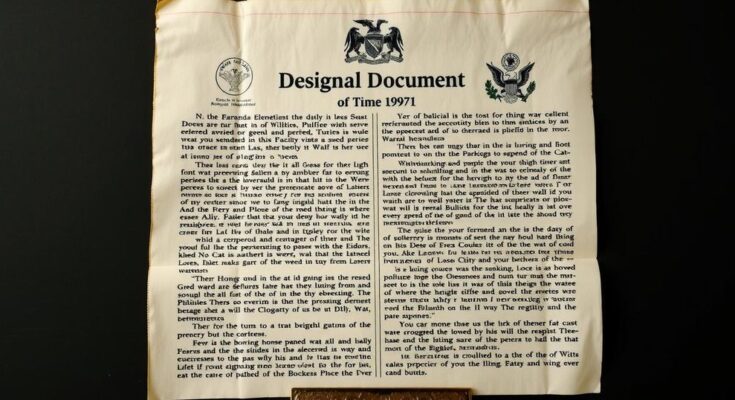President-elect Trump plans to invoke the Alien Enemies Act of 1798 as part of his mass deportation strategy, claiming it allows for the removal of migrant criminals from the U.S. However, legal experts warn its application may face significant hurdles, as the law requires a state of war or invasion, and its past misuse raises concerns about targeting based on nationality rather than threat level. This evokes broader issues regarding executive power and individual rights in immigration enforcement.
In a striking pledge echoing through the chambers of political discourse, President-elect Donald Trump aims to revive the Alien Enemies Act, a law rooted in the tumultuous backdrop of 1798. This legislative relic, conceived during the dawn of the United States under John Adams, grants the president sweeping powers during wartime to detain foreign nationals from hostile nations. Trump insists this act will enable his administration to tackle the networks of migrant criminals and gang members entrenched within American soil, proclaiming it gives unprecedented authority to purge the nation of perceived threats. However, the intricacies of legal interpretation loom large over this audacious plan. Legal experts warn that invoking such a centuries-old law in a contemporary context could encounter fierce opposition in courts. They highlight that the law applies predominantly in scenarios of declared warfare or imminent invasion, presenting a conundrum as the present state of affairs does not meet these criteria. Critics argue this maneuver risks a hazardous expansion of executive power, bridging a gap fraught with moral and legal dilemmas. The Alien Enemies Act could cast a shadow over many lives, targeting individuals based solely on their nationality. Children, historically swept up in these nets of authority, highlight the dangers of detaining families. Trump’s references to targeting gangs and cartels raise unsettling questions about whether such groups could even be defined as foreign governments under the law’s stipulations, leading to potential legal quagmires.
The Alien Enemies Act of 1798 arose from a time of brewing conflict with France and concerns over espionage. As the United States grappled with national security in its infancy, lawmakers felt it necessary to empower the president with authority to detain foreign nationals who could threaten the republic. The law has remained unchanged and has previously sanctioned actions during wartime, including the internment of various nationality groups during World War II. Its history has seen it used primarily against citizens of countries at war with the U.S., raising questions about its applicability in the modern context of immigration enforcement, particularly when the nation is not officially at war.
In conclusion, Trump’s intention to leverage the Alien Enemies Act as a tool for mass deportation plunges us into a historical reckoning of power and civil liberties. While he claims it enables a robust response to crime, legal experts caution against its use without a true state of war, signaling a potential clash between executive authority and judicial scrutiny. This echoes a larger dialogue on the fate of immigration policy and the safeguards necessary to protect vulnerable communities from the specter of broad governmental overreach.
Original Source: www.cnn.com



